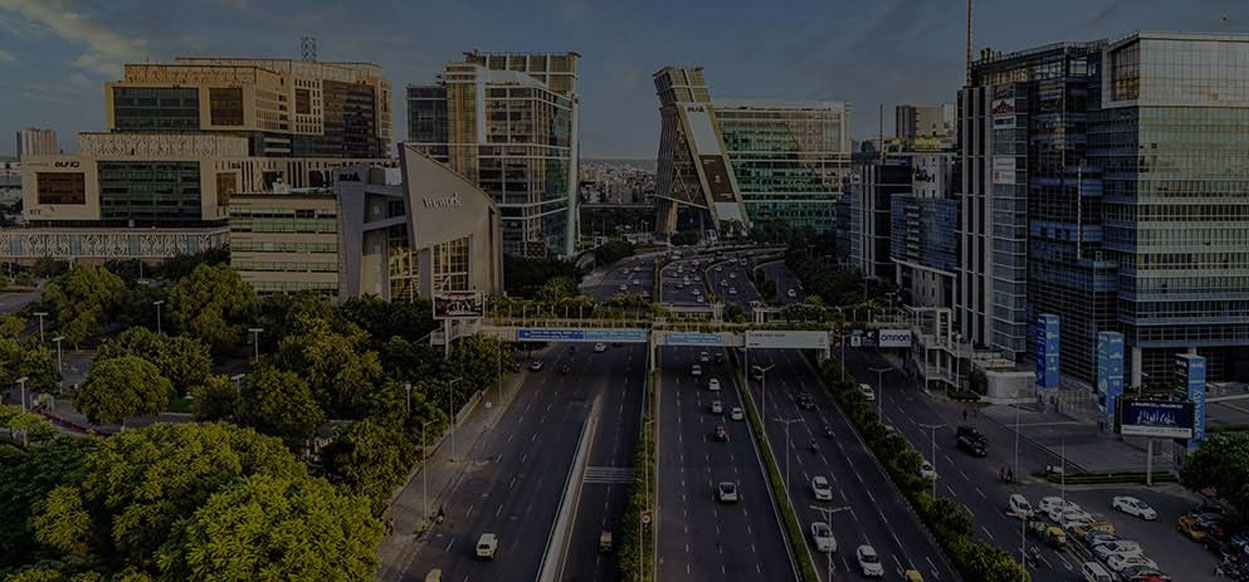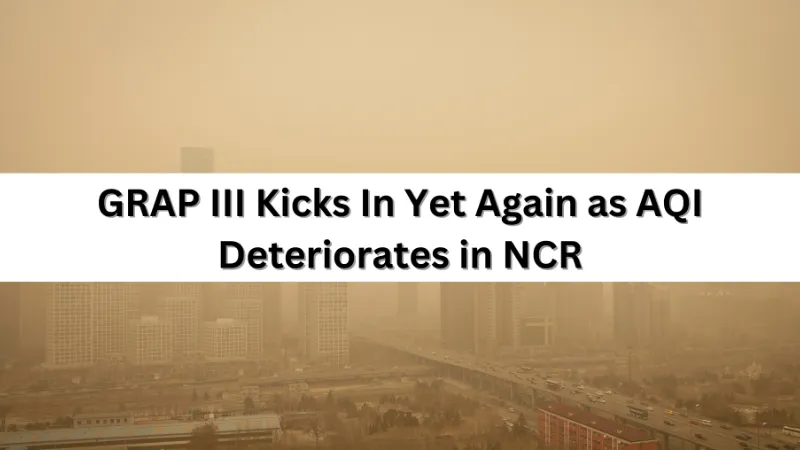




Introduction
The National Capital Region (NCR) is once again grappling with a severe decline in air quality as the Graded Response Action Plan (GRAP) Stage III is implemented. With the Air Quality Index (AQI) plunging into the "very poor" category, authorities have activated emergency measures to mitigate the hazardous effects of pollution on residents.
The Graded Response Action Plan (GRAP) is a set of measures introduced by the Commission for Air Quality Management (CAQM) to combat air pollution in Delhi-NCR. It is divided into four stages, with each stage addressing specific AQI levels:
Stage I: AQI between 201-300 (Poor)
Stage II: AQI between 301-400 (Very Poor)
Stage III: AQI between 401-450 (Severe)
Stage IV: AQI above 450 (Severe+)
The activation of Stage III indicates an AQI level of 401 or worse, signaling severe pollution that poses significant health risks.
The recent rise in pollution levels can be attributed to several factors:
Stubble Burning: Farmers in neighboring states like Punjab and Haryana have begun harvesting and burning crop stubble, contributing to high particulate matter (PM2.5 and PM10) levels.
Weather Conditions: Low wind speed, cooler temperatures, and a stable atmosphere have trapped pollutants closer to the ground, exacerbating the situation.
Urban Emissions: Vehicular emissions, industrial activity, and construction dust continue to remain major contributors to air pollution in NCR.
Under Stage III, the following restrictions and measures are enforced:
Ban on Construction and Demolition:
All non-essential construction and demolition activities are prohibited to control dust pollution.
Only projects related to national security, railways, and metros are exempt.
Industries:
Closure of brick kilns, hot mix plants, and stone crushers not running on clean fuels.
Restrictions on industrial operations that do not comply with pollution control norms.
Vehicular Restrictions:
Strict implementation of the BS VI emission standards.
Increased surveillance to prevent the entry of heavy and polluting vehicles into NCR.
Waste Burning:
Heavy penalties for garbage and biomass burning.
Public Awareness:
Advisories issued to residents, urging them to limit outdoor activities, use masks, and avoid using private vehicles.
The "very poor" air quality poses serious health risks, especially to vulnerable groups such as children, the elderly, and those with pre-existing respiratory or cardiovascular conditions. Common health impacts include:
Short-term Effects: Eye irritation, throat discomfort, headaches, and coughing.
Long-term Effects: Chronic respiratory diseases, reduced lung function, and an increased risk of cardiovascular diseases.
While the government implements measures under GRAP, individual contributions can also make a difference. Here are some steps residents can take:
Carpool or Use Public Transport: Reduce vehicular emissions by limiting the use of private vehicles.
Avoid Outdoor Activities: Especially during early mornings and evenings when pollution levels are at their peak.
Adopt Green Practices: Plant indoor air-purifying plants and avoid burning waste at home.
Switch to Clean Energy: Opt for cleaner fuels and energy-efficient appliances.
With GRAP Stage III now in force, it is crucial for all stakeholders to work collectively to combat the worsening air quality in NCR. While these measures aim to bring short-term relief, addressing the root causes of pollution requires a long-term strategy involving stricter policies, cleaner technologies, and enhanced public awareness.
As the region braces for the winter months, which historically witness a surge in pollution, staying informed and taking proactive measures will be key to safeguarding public health.
Give your Comments